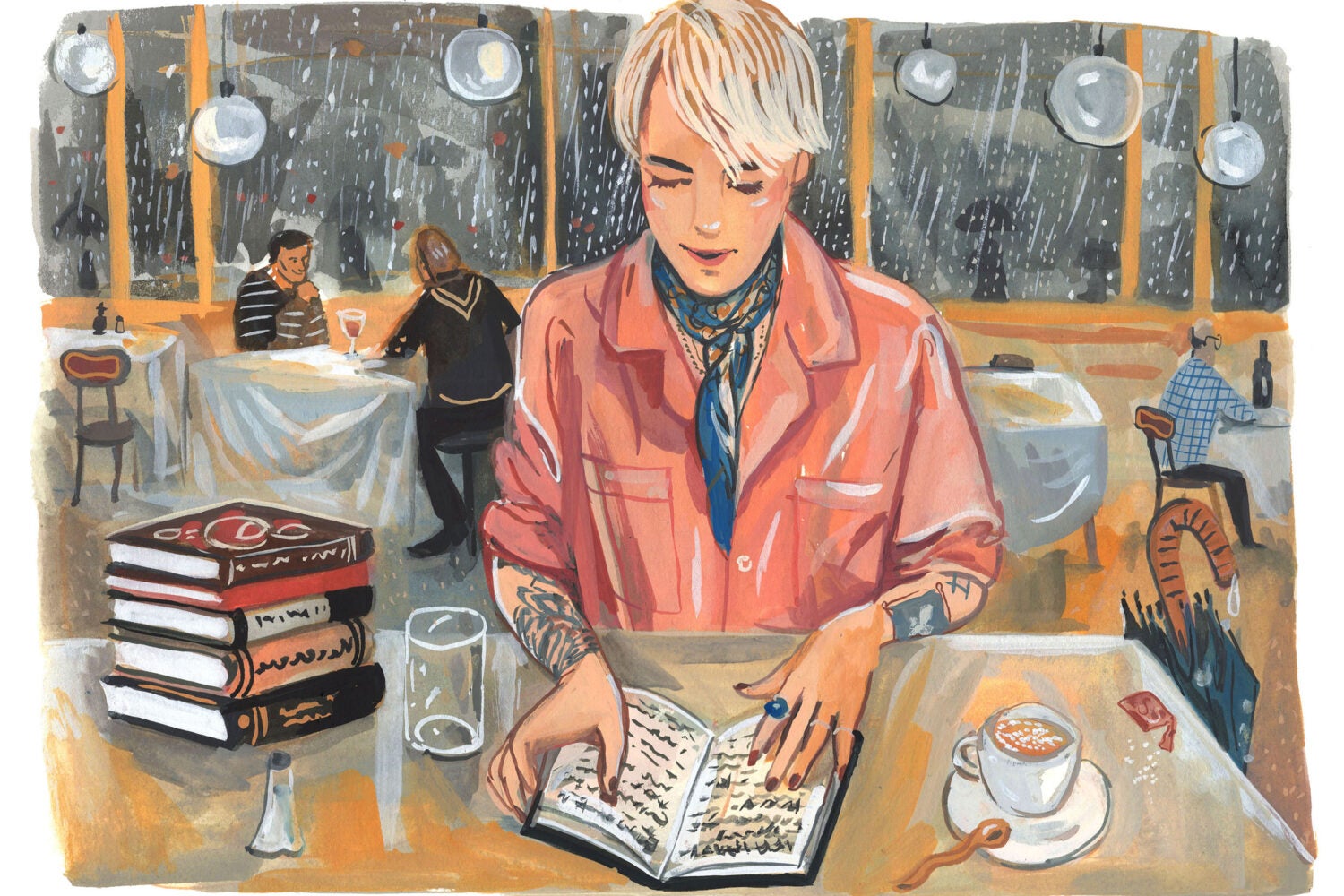“Barred: Why the Innocent Can’t Get Out of Prison,” by Daniel S. Medwed ’95 (Basic Books)
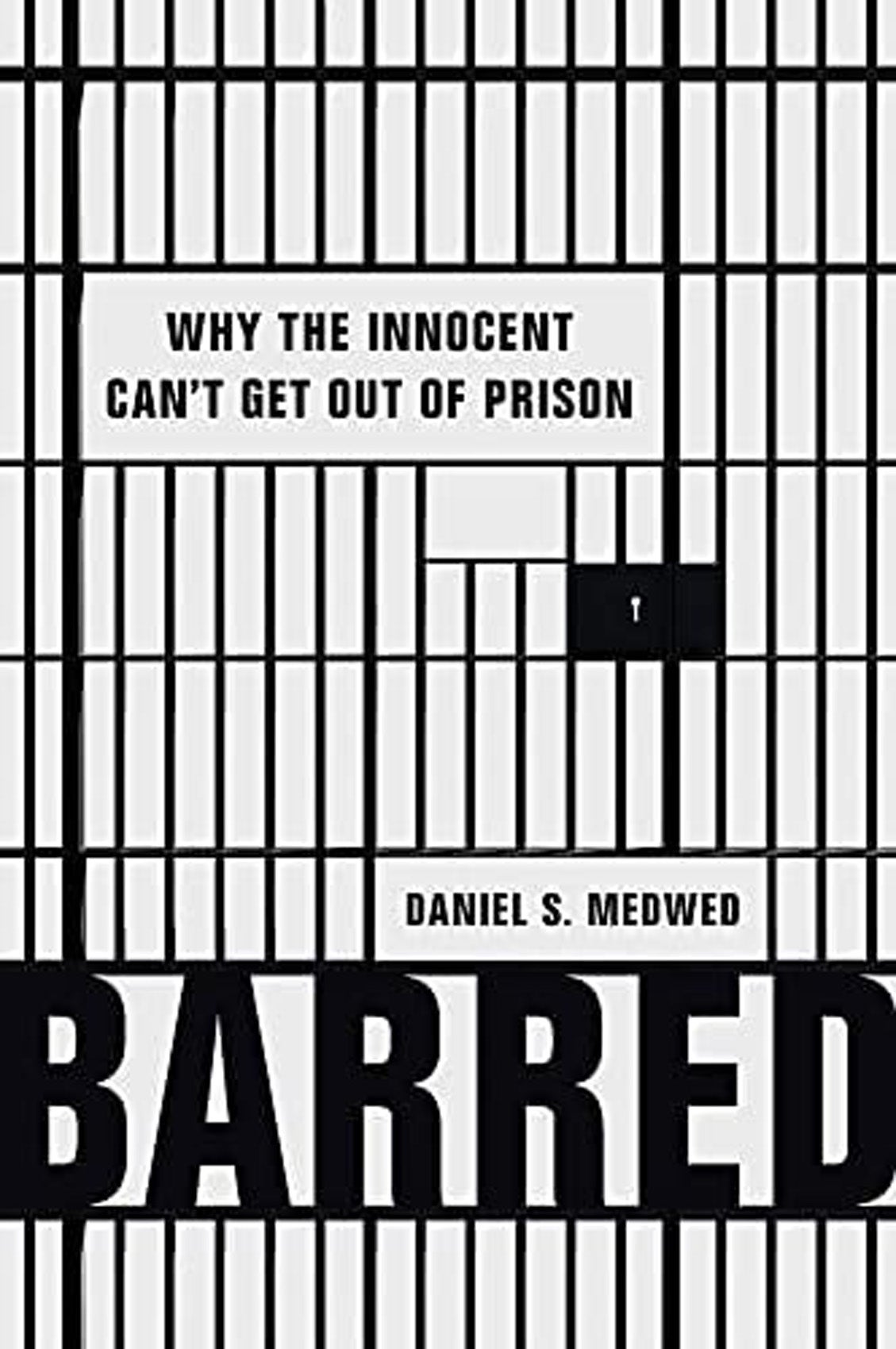
When he was a student at HLS, Daniel Medwed recalls, a professor said, “Give me procedure over substance any day.” He doubted that contention then, but he doesn’t now. A law professor at Northeastern University and a founding member of the board of directors of the Innocence Network, he examines the procedural barriers facing the wrongly incarcerated despite evidence of their innocence. Procedural rules such as a ban on introducing new evidence undermine the promise of appellate review, he argues. In addition, parole proceedings disadvantage people who advocate for their innocence rather than show remorse for their crimes. To facilitate justice, Medwed recommends internal review units within prosecutors’ offices to scrutinize questionable convictions as well as independent agencies established by state legislatures to investigate claims of innocence.
“Constructing Basic Liberties: A Defense of Substantive Due Process,” by James E. Fleming ’85 (University of Chicago Press)
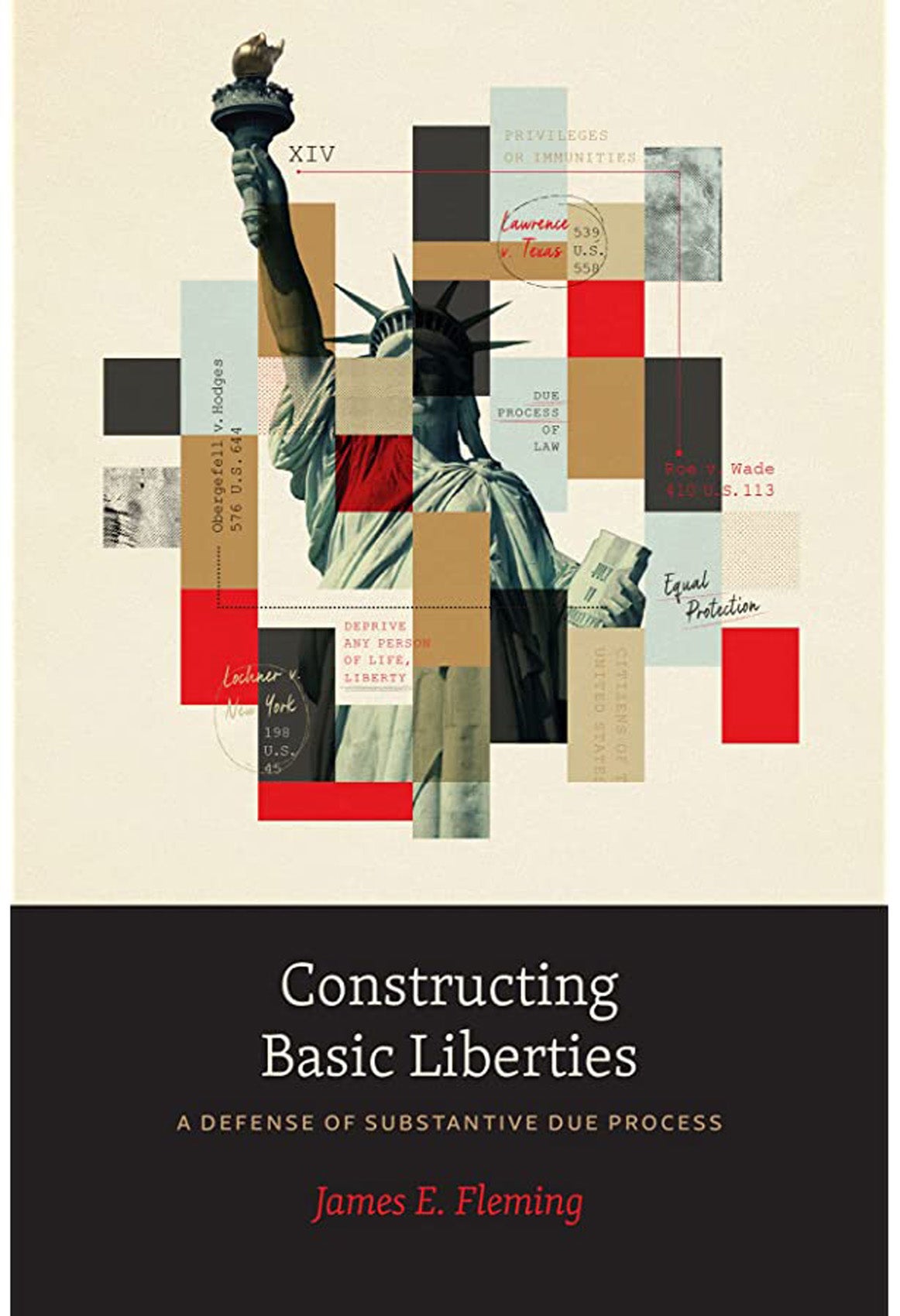
Conservative jurists have criticized substantive due process — which the author defines as protection of civil liberties under the Due Process Clauses — for having no basis in the Constitution and effectively undermining legislative authority to enact laws grounded in morality. Yet James Fleming, a professor at Boston University School of Law, contends that substantive due process is “justifiable on the basis of constitutional imperatives: protecting the basic liberties significant for personal self-government and securing the status and benefits of equal citizenship for all.” He examines Obergefell v. Hodges and other cases that address personal liberty as well as the future of substantive due process in light of a Supreme Court majority that appears hostile to it.
“The Equality Machine: Harnessing Digital Technology for a Brighter, More Inclusive Future,” by Orly Lobel S.J.D. ’06 (PublicAffair
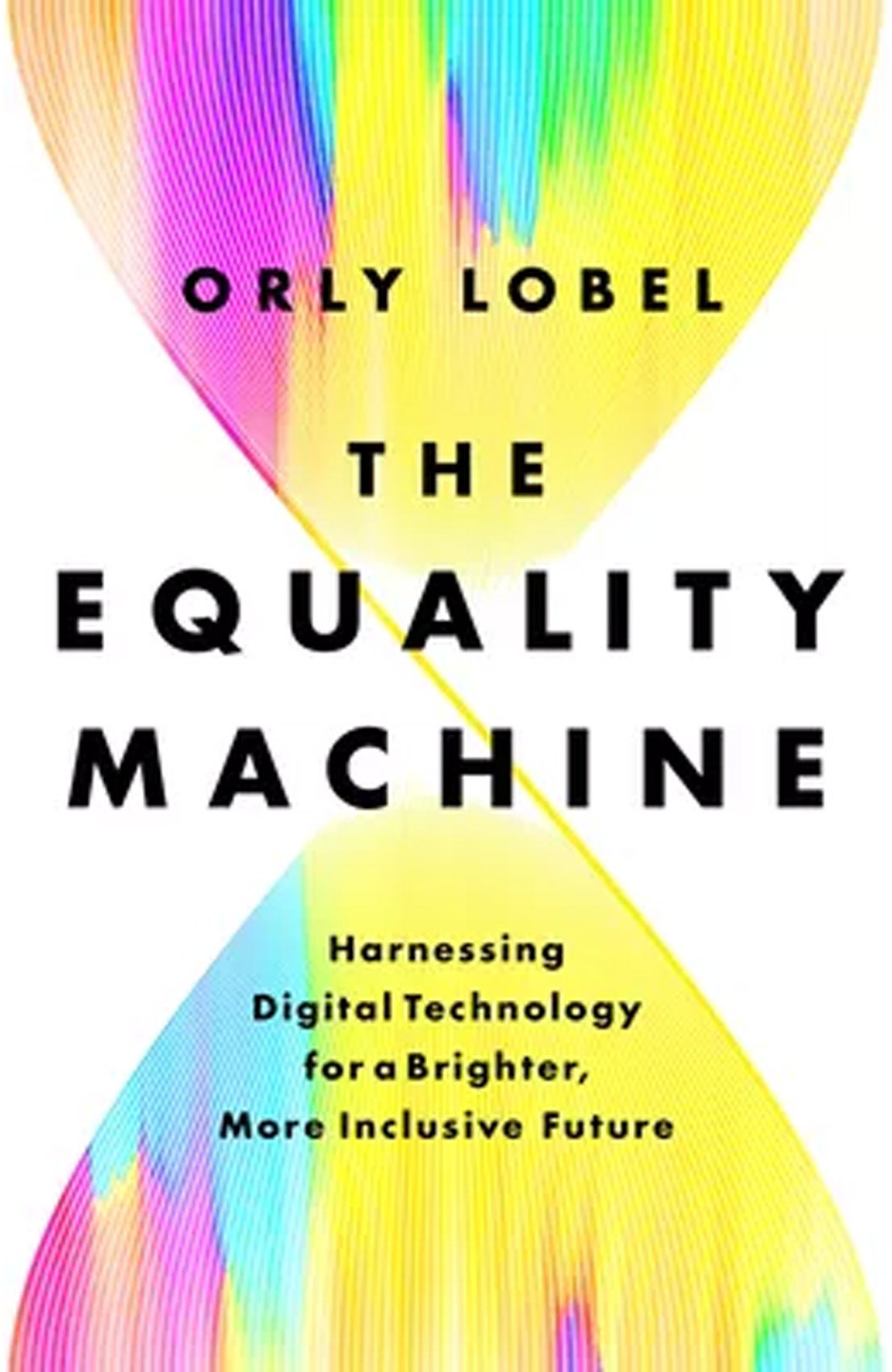
Technology can exacerbate injustices, but it can also bring equality and social benefit with the right choices, oversight, and direction, contends Orly Lobel. A professor of law at the University of San Diego, Lobel outlines her vision for making technology a force for good in areas including hiring and compensation; racial and sexual justice; personal relationships; and health care. She calls for addressing issues such as racially biased facial recognition, for sharing technology resources to address problems, and for advancing policies that regulate technology. “Through the wise and forward-looking implementation of tomorrow’s technologies, we can envision a society in which our lives are not limited by gender, race, sexuality, age, geography, or ability,” she writes.
“Home Bound: An Uprooted Daughter’s Reflections on Belonging,” by Vanessa A. Bee ’12 (Astra House)
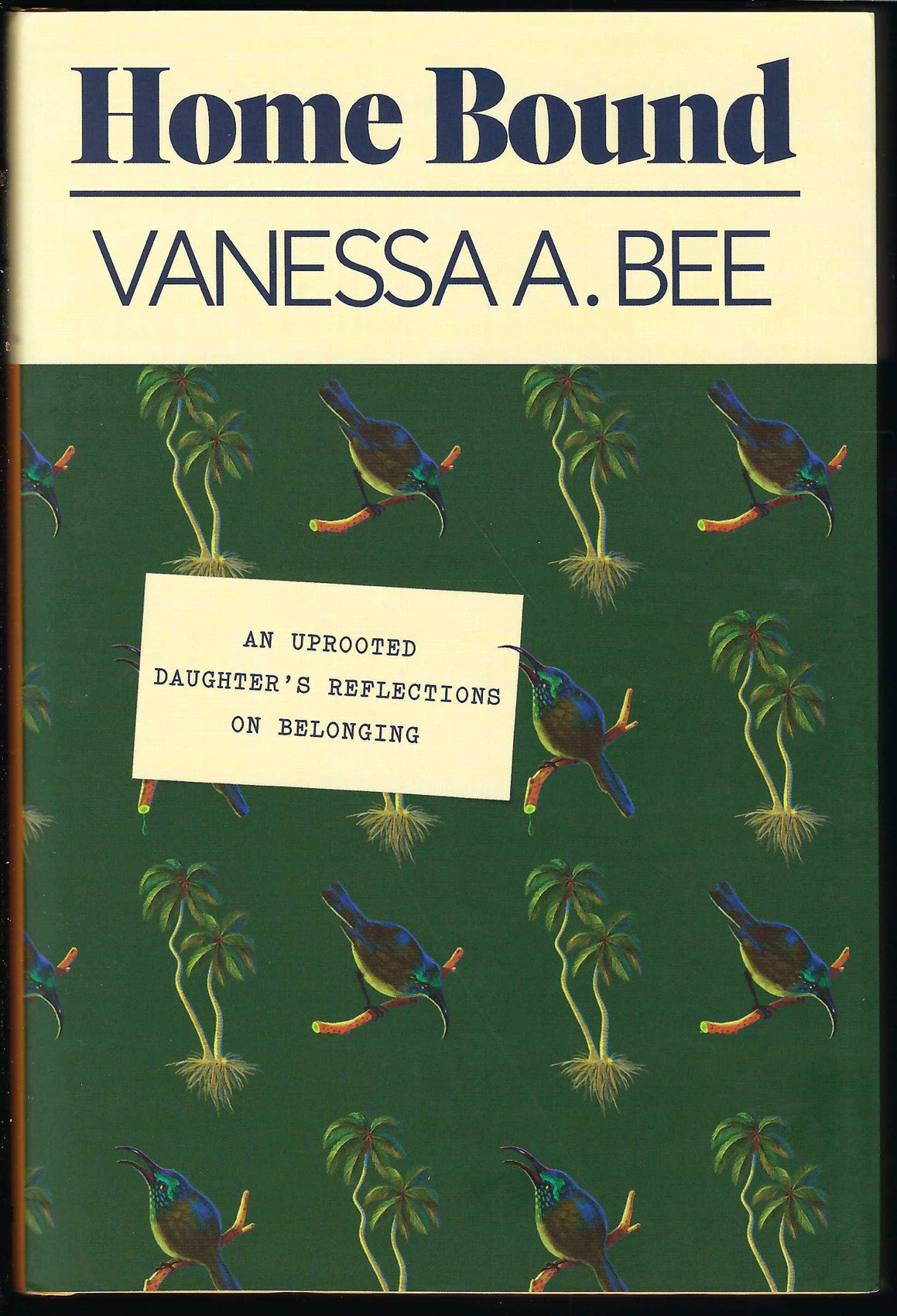
Growing up, Vanessa Bee envied classmates who could explain in a short statement where they were from. Her explanation comes in the form of this book. Born in Cameroon and adopted by her aunt and her aunt’s white French husband, the author recounts an unsettled childhood in which she faced housing insecurity in France and England and later shared a house with six relatives in Nevada. Her time at Harvard Law was transformative: Arriving as a married 20-year-old evangelical Christian, she divorced her husband and left the church by the time she graduated. For Bee, now a consumer protection lawyer as well as an author, home “feels as cumulative as a nesting doll,” she writes — a city, a neighborhood, a domicile, the places that shaped her beliefs, the soil her grandparents tilled, the body in which she navigates the world.
“Indivisible: Daniel Webster and the Birth of American Nationalism,” by Joel Richard Paul ’81 (Riverhead Books)
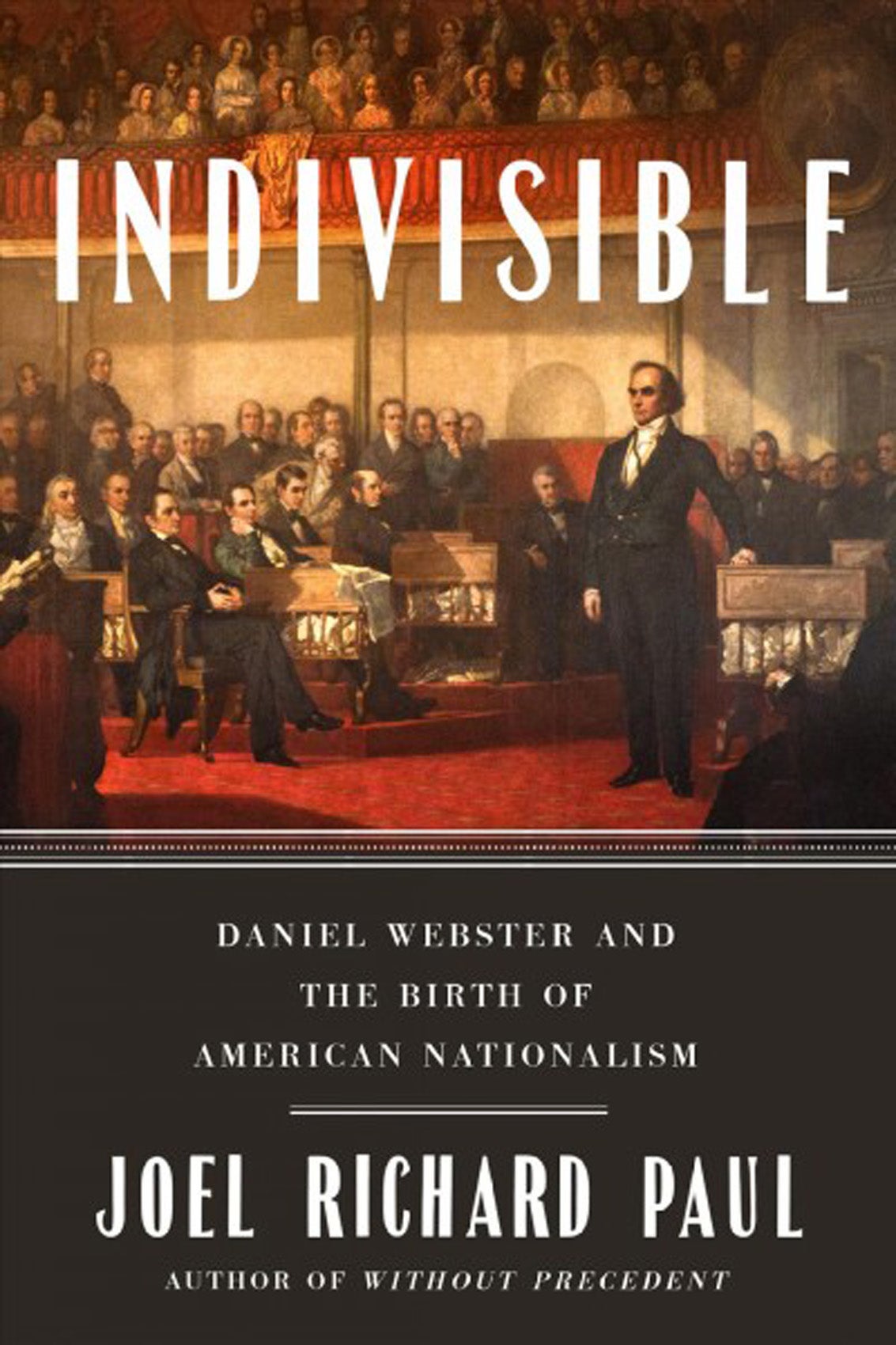
During the early years of the nation, the concept of a “United States” was a fiction, as colonists identified with their village, state, or region, according to Joel Richard Paul, a professor of constitutional and international law at UC College of the Law, San Francisco. He chronicles how Daniel Webster, an attorney who served in Congress and as secretary of state, popularized the idea of “constitutional nationalism,” advocating that the Constitution made America one nation. The book covers the period from 1812 to 1852, including Webster’s opposition to the “toxic populism” of Andrew Jackson and his compromise to accept the Fugitive Slave Act of 1850. Even as the Union disbanded with the Civil War, Paul writes, “our American identity was taking shape.”
“Just Dope: The Case for Legalizing All Drugs for a More Just World,” by Allison Margolin ’02 (North Atlantic Books)
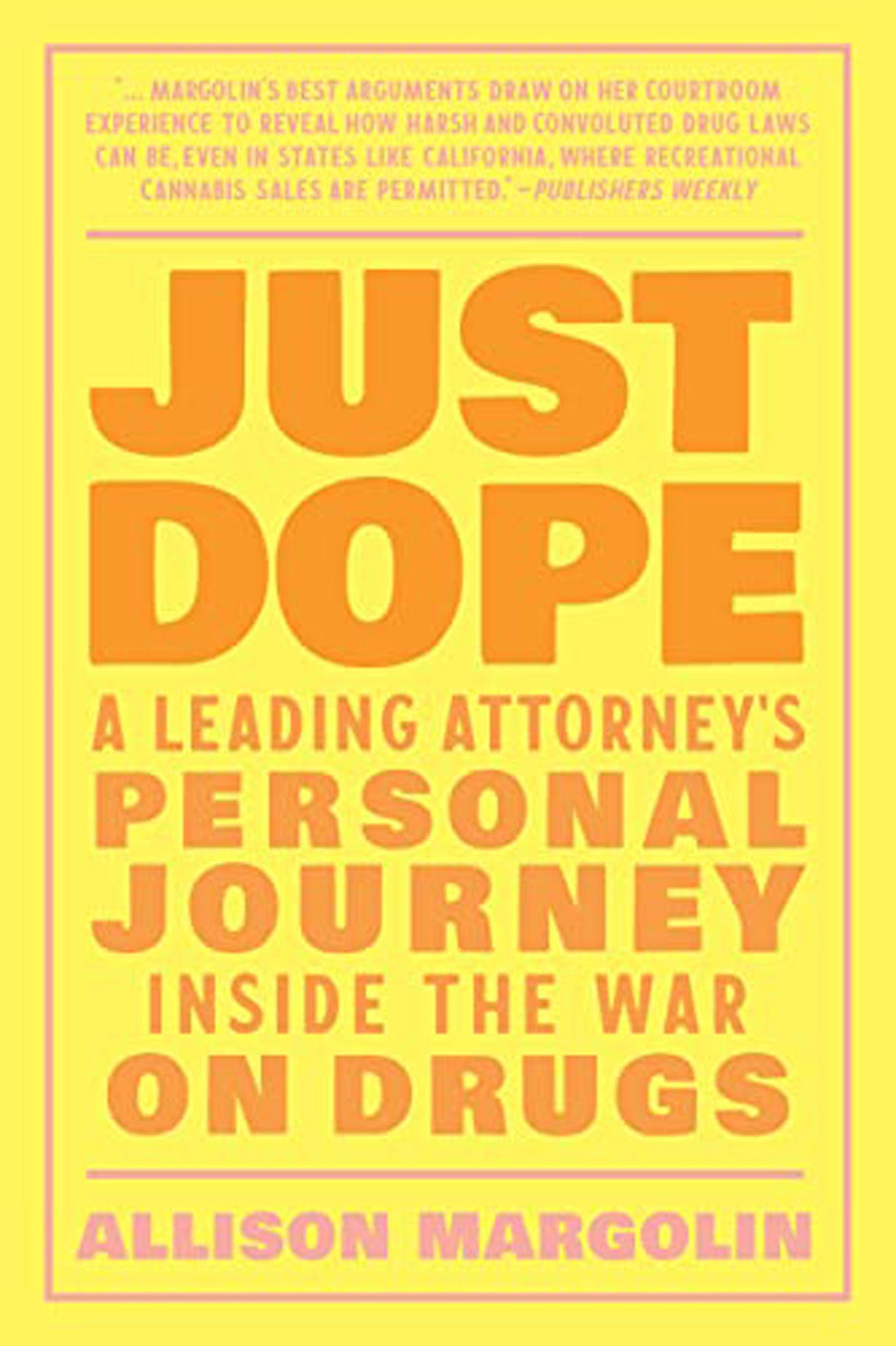
In a mixture of memoir and manifesto against the drug war, Allison Margolin details her experiences growing up in the marijuana legalization movement (her father, Bruce Margolin, is a defense attorney and longtime director of the Los Angeles chapter of the National Organization for the Reform of Marijuana Laws). She also draws on her experience as an attorney defending those charged with drug crimes. The book chronicles the history of drug prohibition and efforts such as the “Just Say No” campaign and the D.A.R.E. school program, which sought to discourage drug use. Margolin argues that most drug users don’t become addicted and will use regardless of the law while people who are addicted need support, not criminalization of their behavior.
“The Last White Man,” by Mohsin Hamid ’97 (Riverhead Books)
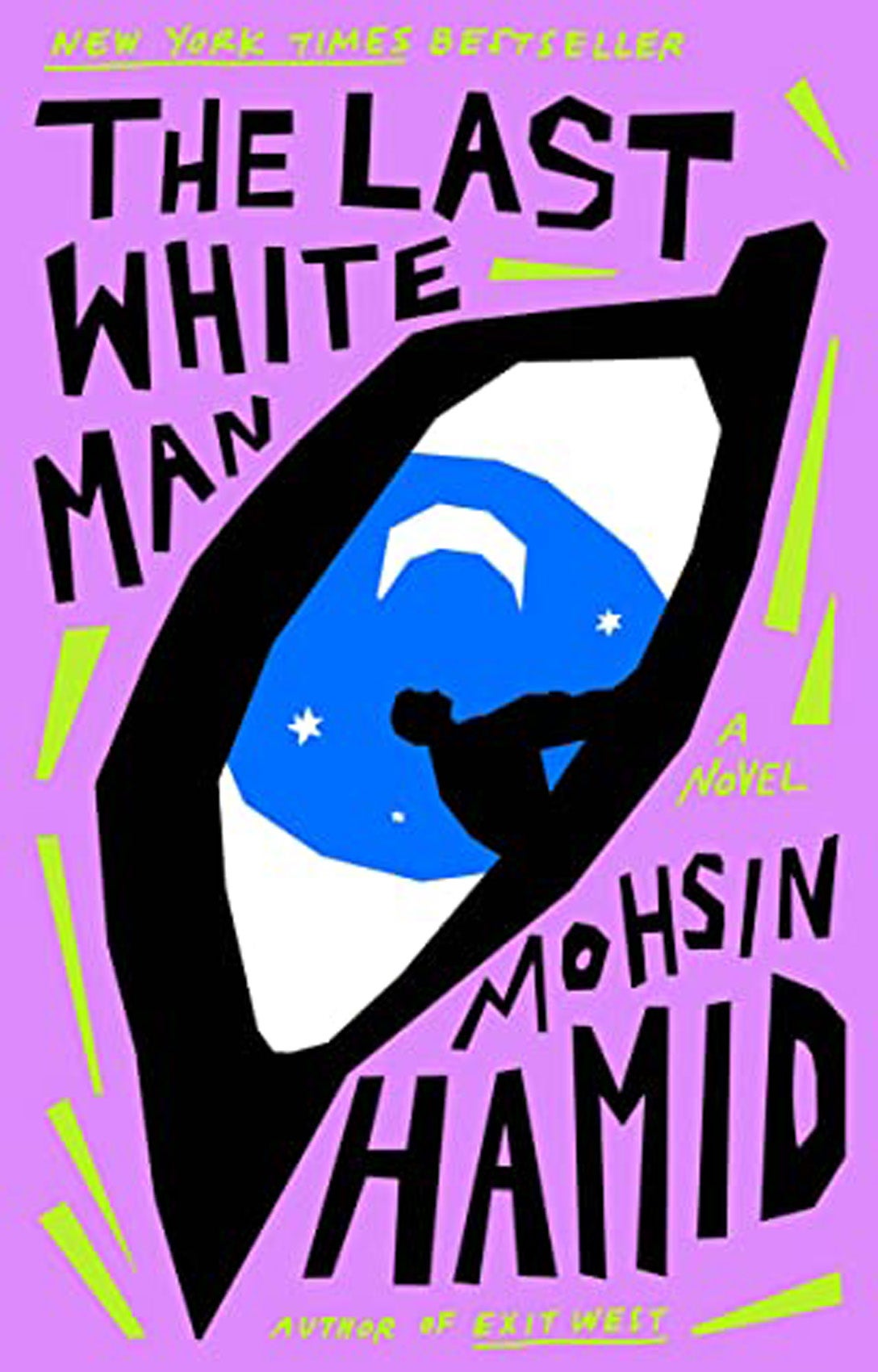
With his fifth novel, Mohsin Hamid presents a provocative premise: White people awaken to find that their skin color has turned dark. Through the experiences of his main characters, Anders and Oona, he explores the unease and fear that people feel after this transformation, the upheaval that ensues as more people’s skin darkens, and what might happen if everyone’s skin were brown. Hamid, a native of Pakistan, developed the idea for the book when he faced distrust and hostility after Sept. 11, 2001. While always a person of color with a Muslim name, he came to understand that something profound had changed for him as someone who had previously enjoyed the benefits of his education and status: In the eyes of many, he had lost his whiteness.
“Our Common Ground: A History of America’s Public Lands,” by John D. Leshy ’69 (Yale University Press)
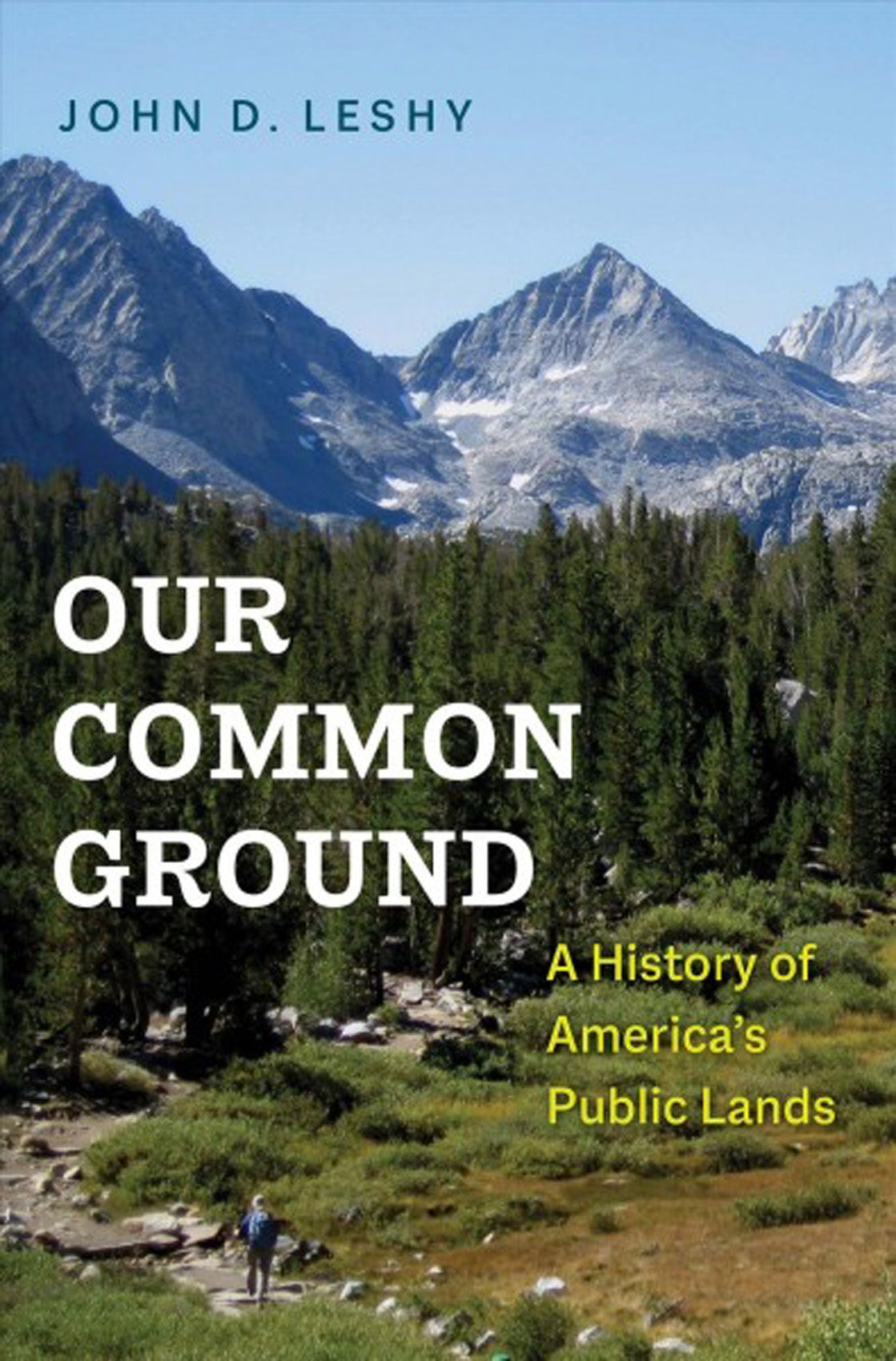
About 30% of the land surface of the United States is public. John Leshy, emeritus professor at UC College of the Law, San Francisco and former solicitor for the U.S. Department of the Interior, explains how a significant portion of a nation that values private property became public and how that land has largely been preserved. He traces the history starting with the nation’s founding to the post-Civil War era, when conservation and recreational uses of public land began to be prioritized, through recent efforts to redress injustice against Native Americans who lost title to nearly all of their land. In a time when people are skeptical about the political process, he writes, public lands play a consensus-building, unifying role in American life.
“Timothy B. Dyk: The Education of a Federal Judge,” by Timothy B. Dyk ’61 with Bill Davies (Anthem Press)
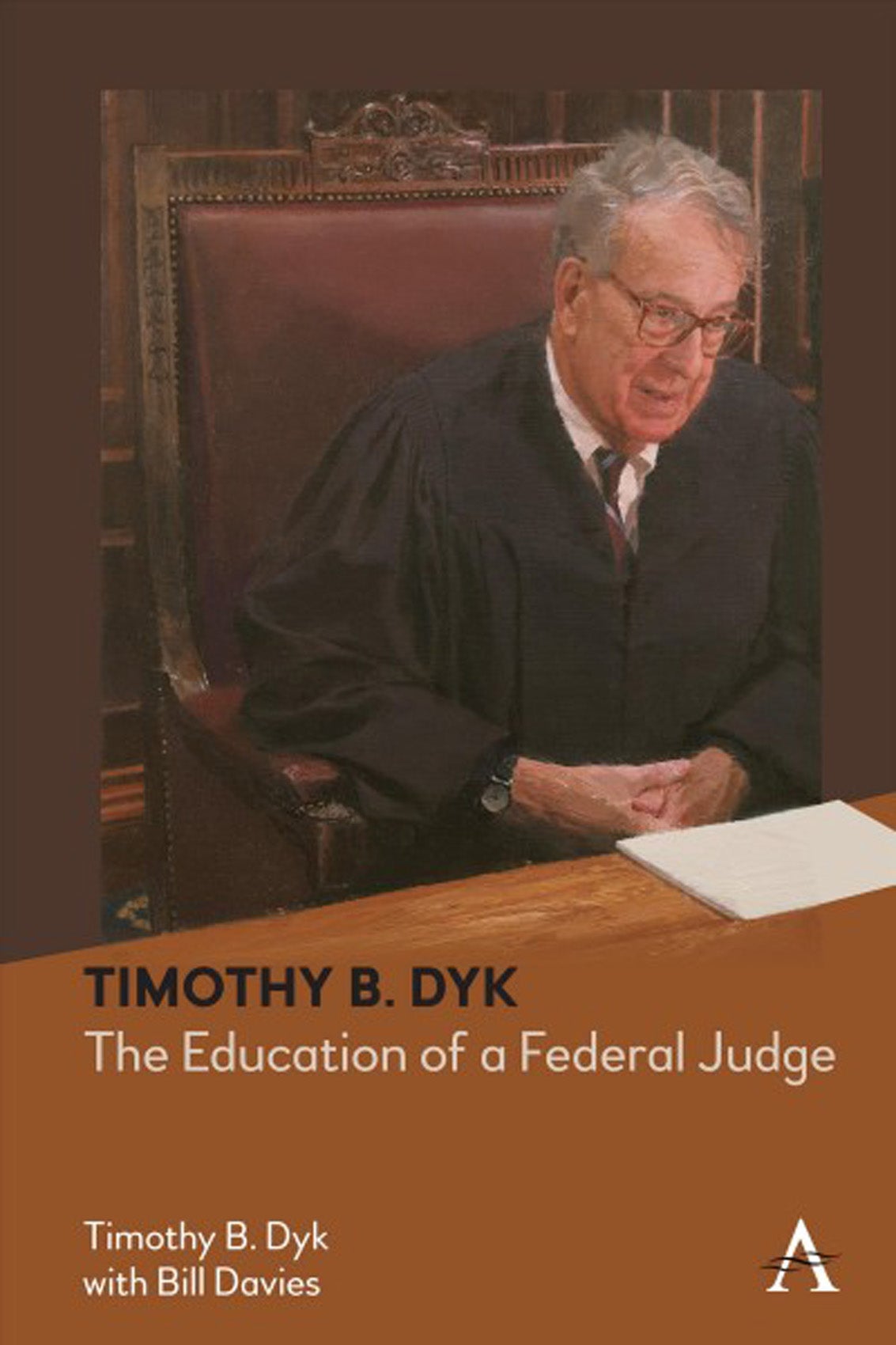
In a memoir recounting his early life and approximately 60 years in the law, Timothy Dyk highlights his experiences as a noted First Amendment attorney and his tenure as a judge on the U.S. Court of Appeals for the Federal Circuit. Starting his career as a clerk on the Warren Supreme Court, he went on to private practice litigating cases including many on behalf of CBS. He shares his diary entries made during the more than two-year delay between his judicial nomination and confirmation, and provides insight into the judicial process and challenges of being an appellate judge. In addition to his own story, he reflects on changes in the legal profession such as an increased focus on financial gain and a more pronounced conservative-liberal divide.
“Untouchable: How Powerful People Get Away with It,” by Elie Honig ’00 (Harper)
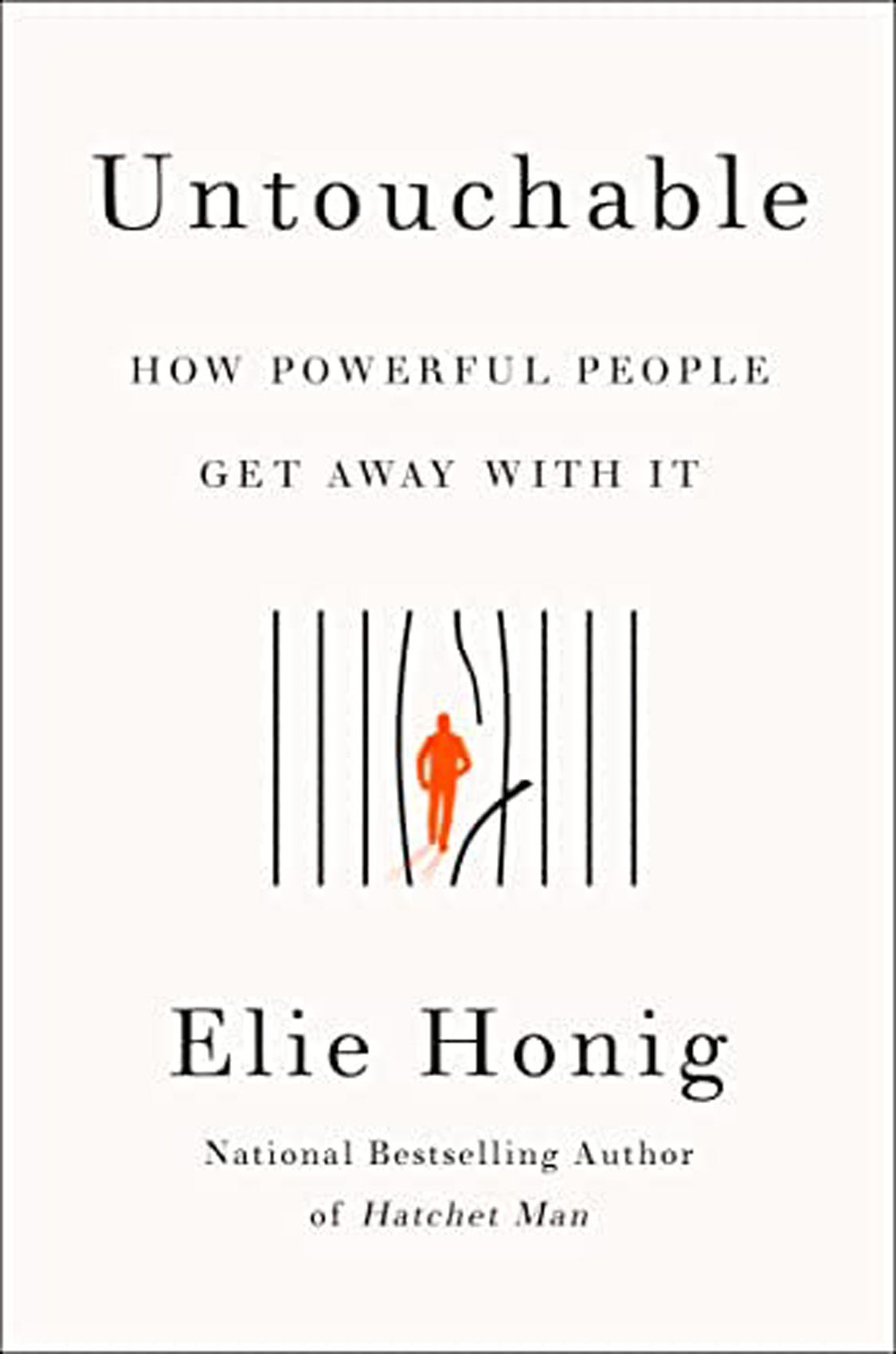
Now a CNN senior legal analyst, Elie Honig taps his experience as a federal and state prosecutor to uncover how powerful and wealthy people exploit flaws in the legal system to avoid accountability. He focuses on cases involving Donald Trump, including the investigation by Honig’s former office, the U.S. Attorney’s Office for the Southern District of New York, into hush money payments made to cover up alleged sexual affairs by Trump, which culminated in charges against only his former lawyer, Michael Cohen. The author also details issues that impede prosecutions of powerful people, who use techniques such as creating arrangements to insulate themselves from direct culpability and enforcing silence among associates. He urges prosecutors to take on imperfect cases even in the face of these obstacles in order to promote and protect the greater good.
